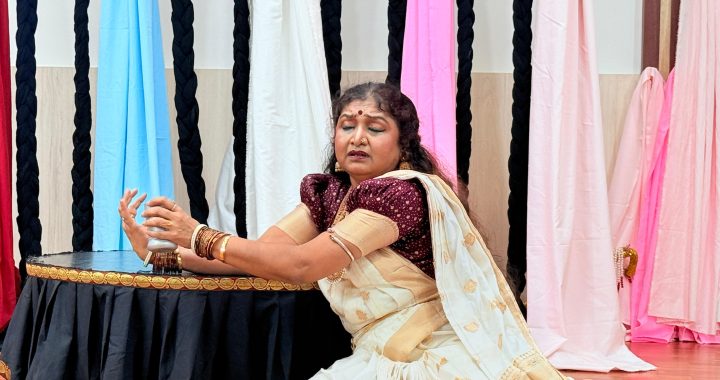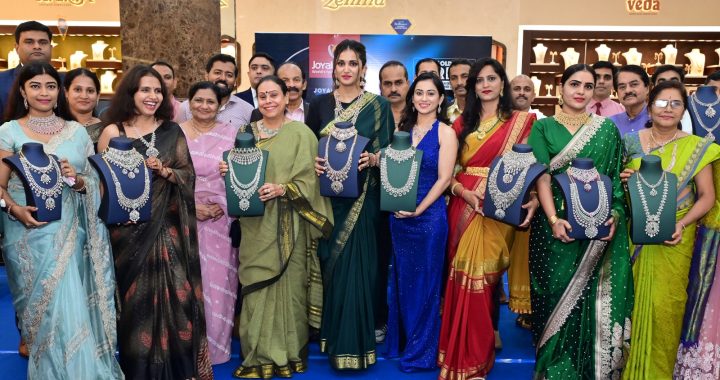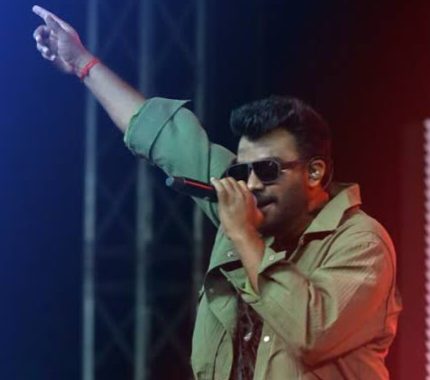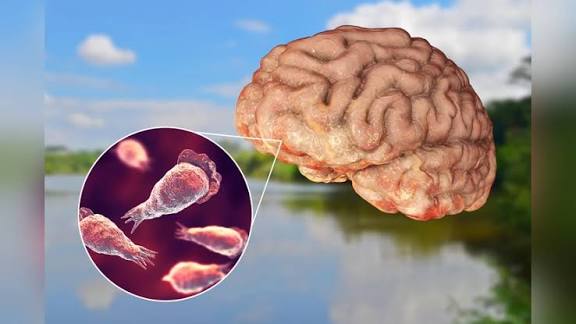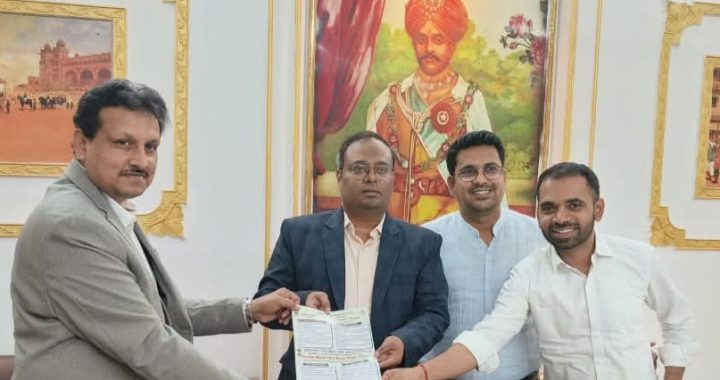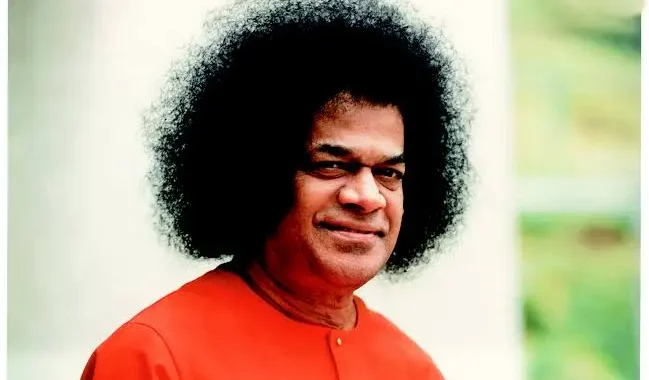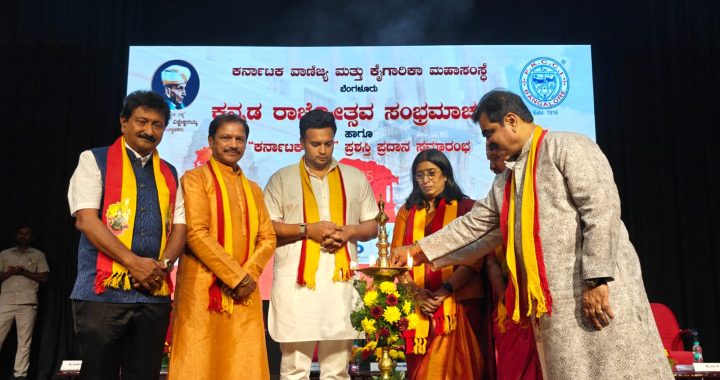Workshop at Mysore School of Architecture ponders over nature and relevant issues
5 min read

Mysuru: Mysore School of Architecture conducted a technical workshop on ‘Urban Ecological Blues and Greens- A study of streams and lakes of Mysuru,’ recently at their campus near Lingambudi Lake in the city.
Stakeholders consisting of officials from the Planning Department, Engineering departments and Zoo Authority of Karnataka; NGOs like Water Forum, Mysore Nature and Namma Mysuru Foundation; Organisations like Indian Green Building Congress-(IGBC), Indian Institute of Architects-(IIA); Scientists, academicians, Naturalists, Environmentalists, conservationists, Educators, and interested citizens were invited to give involved feedback on the comprehensive work carried out.

The day began with managing Trustee J N Prashanth welcoming each of the guests for the workshop. A recap of the studio journey was given by Prof & Dean Dr Champa H S, who expressed the parallels derived from the initiation of works by U N Ravikumar through the ‘Water Forum’ and the VTU Curriculum focus on waterfront development which was impressed upon by Prof Ranbir Mudaliar, Design Chair, MSA.
The Students of 8th Semester, Bachelor of Architecture (B.Arch) of Mysore School of Architecture conducted a comprehensive study on ‘Urban Ecological Aspects of Streams and Lakes of Mysuru’.

The comprehensive study involved fieldwork to gather first-hand data, Geographic Information Systems (GIS) to process and analyse spatial data related to streams and lakes, interviews, questionnaires, video and photo documentation, verifying relevant policies, NGT guidelines, Mysuru Urban Development Authority (MUDA) bylaws and other secondary sources like EMPRI report, SDG goals too were used among many other references.
The data collected was used to analyse the current situation and further, it led to the identification of critical points or areas that are vulnerable to environmental degradation or pollution. At the same time, the opportunities for further enhancing the urban ecological quality too were identified.

Due deliberations were carried out throughout the study involving environmental planners, environmentalists, landscape architects, urban designers, urban planners, architects and other experts and stakeholders. This helped the students to continuously improve their findings by incorporating relevant suggestions.
The students also proposed measures to address the issues which aim at improving the water quality, protecting ecosystems, mitigating urban heat island effects and promoting sustainable use of streams and lakes. Erosion control measures, retaining/introducing riparian zones, preventing pollution, regulating waste discharge, restoring natural habitats, evolved community spaces and enforcing regulations and policies to safeguard streams and lakes were few of the outcomes after due
deliberations.

The students also demonstrated the design ideas to showcase the effectiveness of their proposed measures. These interventions involved a small-scale version of their recommendations in a specific area to further understand the feasibility and impact of their suggested interventions.
The stakeholders were grouped into six groups based on catchment areas which allowed for more focused and localised discussions. This ensured that the discussions and feedback were relevant to the specific context of each catchment area/Drainage district.
The students gave a detailed explanation of the work carried out through video, maps, drawing and models. This in-depth exploration provided a comprehensive view of the situation, allowing for more informed feedback from the stakeholders.
U N Ravikumar, an Environmentalist, who has been guiding the progress of work during the semester, commended the Institution’s initiative for taking up one of the most pressing topics of concern for the study and made suggestions to create a platform that facilitates communication and collaboration between common people and authorities.
V Jagannath, Retired ISRO Engineer suggested understanding and applying the model of UNIPCC to address ecological impacts in Mysore.
Ar. Ramakrishna Rao, IGBC Chairman urged the participants to recognise the urgent need to protect these essential elements for the city’s and its inhabitants’ well-being, citing examples from Japan and advocating for ecological restoration over mere retrofitting.
Dr Pankaja, Joint Director (Town and Country Planning) asked the Institution to produce a concise report summarising key findings and recommendations.
Trupti Shah, IIA Chairman extended support for any subsequent activities based on the study.
Vishwanath, Rtd Deputy CE, KUWSSB stressed the importance of addressing the current ground reality.
Dr Vijay M Scientist, Regional Museum of Natural History suggested bio filtrations to be incorporated into the water bodies.
Naturalist Shylajesh of Mysore Nature gave an insight into the practical reality and mentioned that timing is very crucial to address the issues.
Sudheer, Advocate, Namma Mysuru recommended validating boundaries around water bodies and identifying groundwater recharge and eco-sensitive zones.
Vishwa, AD, T&CP asked to seriously look into the way forward.
Dr Nagendra, SPA, UOM asked to consider the assessments for group and individual group and individual perceptions in interventions.
Naturalist Kiran recommended verifying variations in the size of Rajakaluve before giving suggestions.
Tanuja Dashrath of Mysore Nature stressed on creating awareness among the public for dumping solid waste into the streams.
Ramesh, Principal scientist, KERS asked to collect details of government departments responsible for lake maintenance, including the funds allocated by KTCDA and Lake Development Authority.
Dr K C Manjunath, Dean, NIE asked to propose checkpoints where the water quality can be improved.
Er Ravi Gundu Rao, suggested including surface runoff into the study as it forms an integral part of the study.
Ar Anjali Sharma, Water Forum opined that the buffer area of the lakes is to be investigated for improving the ecologically sensitive area.
Prof Ranbir Mudaliar urged students to prepare 3D visuals to understand current and future ecological situations with and without ecological interventions.
Apart from the technical feedback, the guests were of the opinion that the Institution should make an attempt to conduct a similar workshop involving various government departments, display the study in public spaces for broader knowledge dissemination through exhibitions, increase public awareness through outreach programs and include a public participatory approach.
Thank you
Dr Lakshmi Devi, Trustee of Mysore School of Architecture attended the workshop as one of the stakeholders and at the end of the workshop thanked all the guests for making the event successful with their participation and valuable feedback.
Dr Balaji, Principal In-charge proposed the vote of thanks expressing gratitude to all participants and stakeholders for their contributions.
Opportunity for students
The workshop had a practical outcome as it was an opportunity for the students and respective faculty team members to synergise their efforts, leveraging stakeholders expertise and experience.
The feedback from diverse perspectives hopes to help in refining and improving the work in progress.
By involving participants from different backgrounds and catchment areas, the workshop aimed and succeeded to gather a wide range of insights and suggestions.
Commitment to nature
The Technical Workshop on Safeguarding the Ecological Balance of Mysore through a study of lakes and streams showcased the commitment of the Mysore School of Architecture and the stakeholders in preserving the city’s natural treasures.
To address challenges
The workshop fostered dialogue, collaboration, and innovative ideas to address the challenges faced by Mysuru’s ecological landscape.
It is hoped that the collective efforts from the workshop will lead to a more sustainable and thriving future for Mysuru, preserving its blues and greens for generations to come and becoming a climate-resilient city.
– Team Mysoorunews

